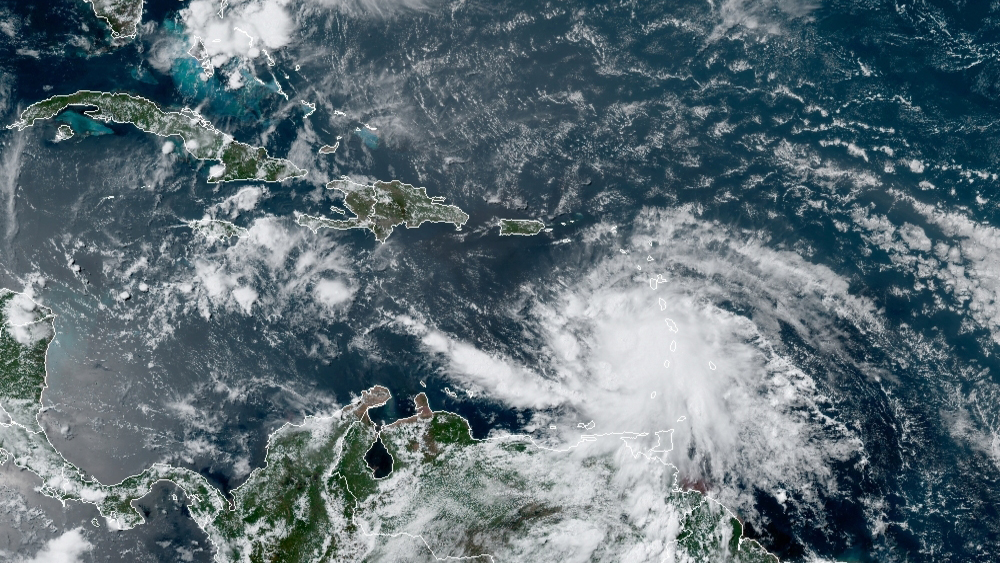Hurricane Roslyn grew to Category 4 force on Saturday as it headed for a collision with Mexico’s Pacific coast, likely north of the resort of Puerto Vallarta.
The U.S. National Hurricane Center said Roslyn’s maximum sustained winds had increased to 120 mph (195 kph) early Saturday, and it was expected to grow still further.
The storm was centered about 200 miles (320 kilometers) south-southwest of Cabo Corrientes — the point of land jutting into the Pacific south of Puerto Vallarta — and moving northwest at 7 mph (11 kph).
The forecast called for Roslyn to begin shifting to a northward movement and then northeast, putting it on path that could take it close to Cabo Corrientes and the Puerto Vallarta region on Saturday night or early Sunday before making landfall in Nayarit state on Sunday morning.
Hurricane Orlene made landfall Oct. 3 a little farther north in roughly the same region, about 45 miles (75 kilometers) southeast of the resort of Mazatlan.
Hurricane-force winds extended out 25 miles (35 kilometers) from Roslyn’s core, while tropical storm-force winds extended out to 80 miles (130 kilometers), the U.S. hurricane center said.
Mexico issued a hurricane warning covering a stretch of coast from Playa Perula south of Cabo Corrientes north to El Roblito and for the Islas Marias.
The National Water Commission said rains from Roslyn could cause mudslides and flooding. and the U.S. hurricane center warned of dangerous storm surge along the coast, as well as 4 to 6 inches (10 to 15 centimeters) of rain..
Jalisco state Gov. Enrique Alfaro said on Twitter that any school activities in the region would be cancelled Saturday and he urged people to avoid touristic activities at beaches and in mountainous areas over the weekend.



0 Comments